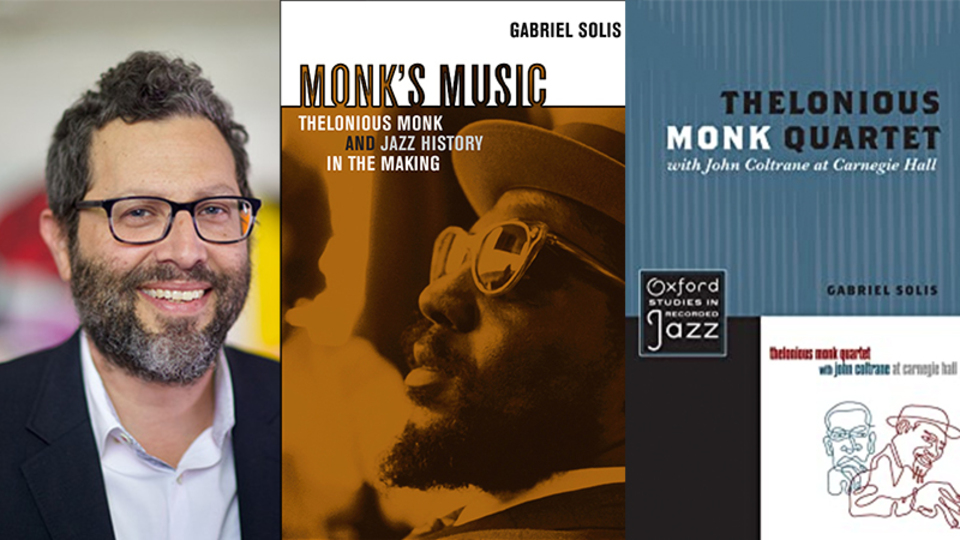
Gabriel Solis - Against Erasure: Jazz, Blackness, and the Global Imagination
Black Sound Symposium: keynote lecture on global jazz's deep relationship to Black aesthetics
The music we often call Jazz is a remarkable creation. Exceptionally dense and rich, its journey from a local way of playing popular songs to a genre with global reach was almost instant. The feedback loop between local and global networks has continued to define the music to the present. Jazz scholarship has struggled to make sense of this dynamic. A persistent thread of mostly white jazz studies has particularly taken Jazz’s global breadth as a reason to perform a kind of erasure of its deep relationship to Black aesthetics, and more specifically to African American arts communities. This talk offers a polemic, against erasure, but also a historiography, aiming to see the music’s global life not as something in a paradoxical relationship to the particularity of musical blackness, but rather as in a congruent relationship with it.
Gabriel Solis
Gabriel Solis is an ethnomusicologist and music historian whose work focuses on music, memory, and racialization in the 20th and 21st centuries. He came to the University of Washington in 2022 from the University of Illinois, where he had been a professor of music for 20 years, with affiliate appointments in African American Studies, American Indian Studies, and Anthropology. In previous administrative appointments he has striven to develop research capacity in the arts with a focus on intersections between scholarship and practice, and with a core commitment to building more equitable and inclusive approaches to the arts in higher education.
Solis’s research in jazz, popular music, and contemporary Indigenous music in Australia and Melanesia has been supported by fellowships and grants from the National Endowment for the Humanities (NEH), Arts and Humanities Research Council (AHRC), and Mellon Foundation.
The Black Sound Symposium is a 4-day event full of concerts, talks, workshops, screenings, and interdisciplinary dialogue rooted in Black sound and Black sonic space. The symposium aims to create and sustain community; to celebrate curiosity, wonder, disobedience, collaboration, and play in artistic work; to expand anti-racist and activist pedagogy and methodologies in and outside of our institutions; and to honor the long and rich lineages of Black virtuosity that have been diminished and erased from artistic canons and social consciousness.
